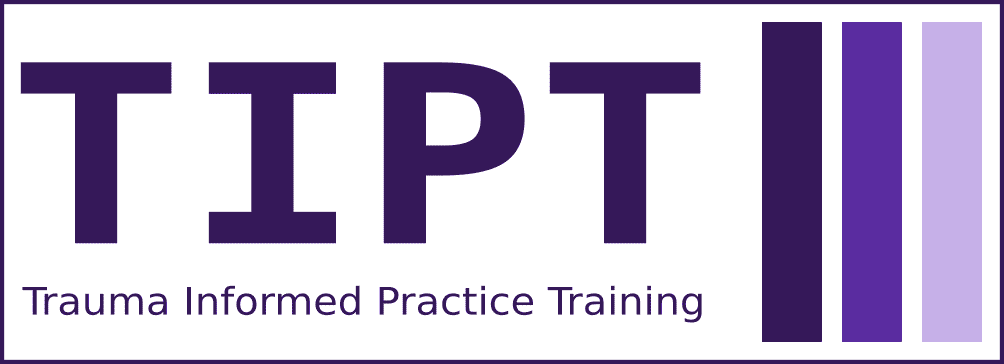Trauma Informed Response Is Needed

By Tanya Hallet

When a friend of mine told me at dinner she had been sexually harassed and a assaulted on a mine site, I was upset for her. While I remember her story, it wasn’t the assault itself that horrified me. It was her manager’s response to her disclosure that replayed in my head and churned my stomach when I put my two little girls to sleep that night.
“Are you sure you really want to report this? This guy is high up in the company, think about the damage this will do to your career?” My friend was upset by her manager’s response, and I was furious when I heard it.
Twenty percent of the mining workforce in Australia are women. And yet, 30% of these women will experience sexual harassment and one in five will experience sexual assault or attempted sexual assault. A third of women who experience sexual harassment will not report it. Of those women who do not report, half of them don’t report because have no faith in the grievance process.
When I raise this topic with people in the corporate world, I feel their shock, I can sense their panic. It’s not a pleasant subject to deal with, and really, most people are simply not trained on how to respond in a way that is emotionally intelligent, compassionate and critically, trauma informed. It makes sense, most people are specialists in their fields of expertise, and this doesn’t include trauma response.
My whole career has been in trauma informed practice and response. How do you make a victim of sexual harassment or assault feel comfortable enough to report the incident? How do you get them to talk about what happened without retraumatising them? How do you make them feel safe, validated, make them a partner in their own recovery and put them on the pathway to accessing psychological help available?
We need to train managers, supervisors, and leaders in Trauma Informed Response.
We need to create a safer workplace for our women.

Other Blogs







